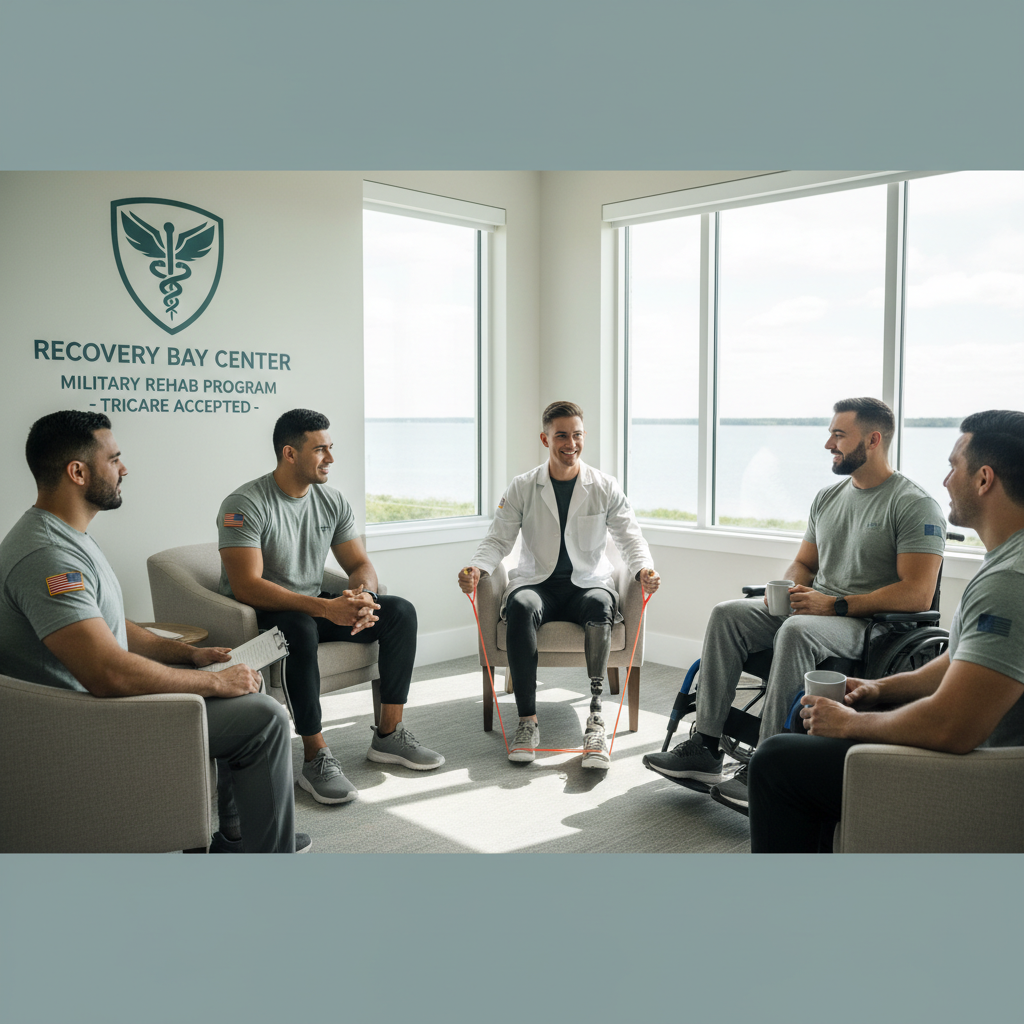When you ask, what is evidence-based addiction therapy and why it matters, you’re beginning a journey toward treatment grounded in science and compassion. Evidence-based addiction therapy refers to interventions and support models that have been rigorously tested in clinical settings and shown to improve outcomes for people facing substance use challenges. By choosing research-backed approaches, you tap into tailored treatment programs and comprehensive care designed to meet your unique challenges.
With so much misinformation surrounding recovery, understanding the core principles of evidence-based care can help you move past myths about drug addiction recovery and toward strategies that truly work. Rather than relying on untested methods or anecdotal advice, evidence-based models draw on decades of research, combining therapies like cognitive behavioral therapy with medications and holistic practices. As a result, you benefit from an individualized plan that evolves with your progress.
In this article, you’ll discover how research-backed addiction treatments work, what approaches are most effective, and why these programs matter for men facing substance use issues. You’ll also learn to spot early warning signs, evaluate program quality, and take practical steps toward building a supportive environment for lasting recovery.
Understand evidence-based therapy
Defining research-backed addiction care
Evidence-based addiction therapy uses treatments evaluated and proven effective through clinical research. These interventions have passed rigorous testing, ensuring they address both the biological and behavioral aspects of substance use. By basing your treatment on scientific evidence, you and your care team can track progress against clear benchmarks—like reductions in substance use or improvements in social functioning [1].
Evidence vs experimental methods
Not all addiction therapies have the same scientific backing. Experimental or emerging methods may show promise but lack large-scale studies to confirm their effectiveness. Evidence-based care focuses on approaches with multiple controlled trials and peer-reviewed support. This distinction means you’re investing your time and resources in interventions with a proven track record, rather than unverified programs that may fall short of your recovery goals.
Explore treatment approaches
Cognitive and behavioral therapies
Behavioral interventions target the thoughts and habits that fuel substance use. Cognitive Behavioral Therapy (CBT) helps you identify negative thought patterns and replace them with healthier coping strategies. Dialectical Behavior Therapy (DBT) adds mindfulness and emotional regulation skills, while Motivational Interviewing (MI) strengthens your internal drive for change [2]. These approaches form the backbone of many evidence-based programs—learn more about the role of therapy in addiction treatment.
Medication-assisted treatment (MAT)
Medication-assisted treatment combines FDA-approved medications with counseling to ease withdrawal and reduce cravings. Common options for opioid use disorder include methadone, buprenorphine, and naltrexone, while benzodiazepines or anticonvulsants may support alcohol detoxification. MAT often extends into maintenance phases, helping you stabilize and focus on long-term recovery [3]. For details on these medications, see what is medication assisted treatment (mat).
Experiential and holistic interventions
In addition to talk therapy and medication, experiential methods engage your emotions and body. Activities like yoga, guided imagery, art therapy, and adventure-based exercises promote self-exploration and resilience. Eye Movement Desensitization and Reprocessing (EMDR) addresses trauma-related distress by integrating bilateral stimulation with psychotherapeutic processing [4]. You can compare these options in our overview of holistic vs traditional addiction treatment methods.
| Approach | Focus | Examples |
|---|---|---|
| Cognitive and behavioral | Changing thoughts and behaviors | CBT, DBT, MI |
| Medication-assisted treatment | Managing withdrawal and cravings | Methadone, buprenorphine, naltrexone |
| Experiential and holistic | Engaging emotions and body | Yoga, art therapy, EMDR |
Assess program quality
Individualized treatment plans
Your recovery journey is unique. Leading centers work with you to create individualized plans based on your substance use history, co-occurring disorders, and personal goals. For example, Rosecrance studies show clients following tailored roadmaps achieve better outcomes across legal, social, and personal benchmarks [1].
Treatment duration and setting
Duration matters: research indicates programs lasting 90 days or more yield stronger, longer-lasting results by giving you time to build new habits and cognitive skills [5]. Settings range from inpatient facilities offering round-the-clock support to outpatient care that fits around work or family. To explore these options, see why rehab programs vary in duration and differences between inpatient and outpatient care.
Addressing co-occurring disorders
Substance use often coexists with mental health concerns like depression, anxiety, or PTSD. Evidence-based programs integrate psychiatric care and counseling to treat both issues simultaneously, improving your overall well-being [3]. Learn more about understanding co-occurring mental health and substance abuse.
Recognize the benefits
Tailored support for men
Men face unique challenges in recovery—societal expectations can discourage vulnerability and open expression. Gender-specific programs create a supportive environment where you can explore masculinity, emotional health, and peer dynamics without judgment. Discover how gender-specific treatment helps recovery.
Building a compassionate community
Group therapy fosters camaraderie and mutual accountability, key ingredients for lasting change. In a men-only setting, you connect with peers who share similar backgrounds and stressors, reinforcing your commitment to recovery and reducing isolation. Read about the benefits of group therapy for addiction.
Measuring success and outcomes
Success in recovery goes beyond abstinence. Evidence-based programs track improvements in family relationships, work or school performance, and social skills. Regular assessments help you and your care team adjust strategies, ensuring you get the support necessary for lasting recovery.
Spot early warning signs
Behavioral and emotional indicators
You or a loved one may notice increased secrecy, mood swings, or withdrawal from hobbies. These shifts can signal that substance use is becoming problematic. If you’re unsure, consult our guide on how to know if someone needs help for substance abuse.
Impact on family and work
Addiction often disrupts daily responsibilities. Missed deadlines, strained relationships, or recurring conflicts at home can all be red flags. Understanding these patterns can prompt earlier intervention and prevent further damage—see how addiction impacts family relationships.
Physical health changes
Look for unexplained weight loss, changes in sleep patterns, or declining personal hygiene. Early signs of alcohol dependency like tremors or elevated tolerance may also appear [6]. Noticing these physical cues can help you seek treatment before issues escalate.
Start your recovery journey
Questions to guide your choices
When evaluating programs, ask about accreditation, staff qualifications, available therapies, and aftercare planning. Our checklist of questions to ask when considering rehab can help you compare options and find a center aligned with your needs.
Planning for treatment
Once you decide on a program, prepare by arranging time off work, organizing insurance or payment plans, and notifying trusted friends or family. If medical detox is required, learn what to expect in what happens in a medical detox. Understand the logistics of different settings by reviewing differences between inpatient and outpatient care and first steps after deciding to seek treatment.
Connecting with support networks
Recovery thrives on connection. Build a network of peers, sponsors, therapists, and supportive family members. Explore strategies for building a recovery support network, set clear goals using our setting goals for recovery guide, and familiarize yourself with relapse prevention basics to stay on track.
Taking these steps brings you closer to a life defined by hope, health, and resilience. By choosing evidence-based addiction therapy, you invest in a proven pathway toward lasting recovery and the freedom to reclaim your life. If you’re ready to explore personalized treatment options, reach out today for compassionate guidance and support.





